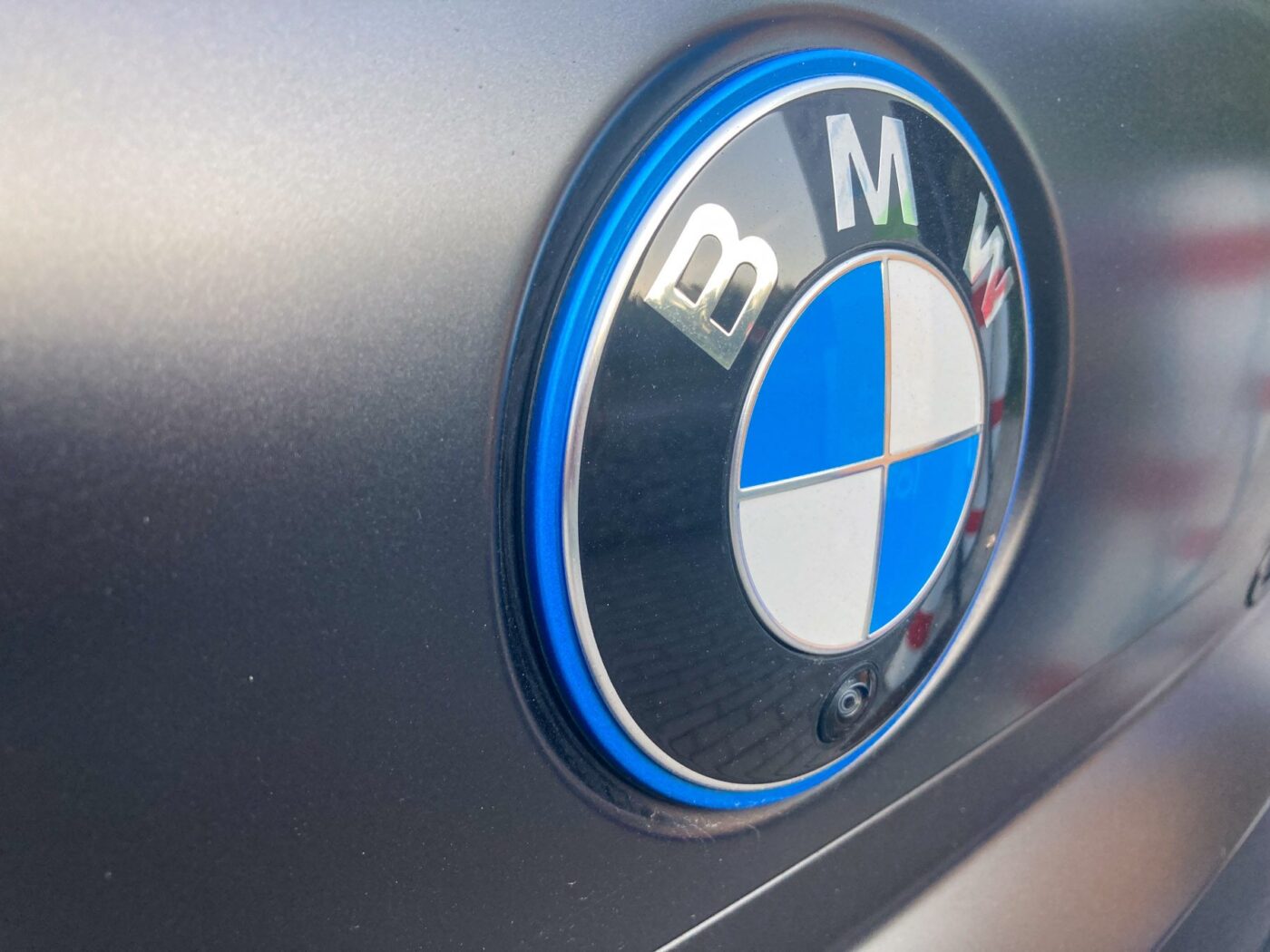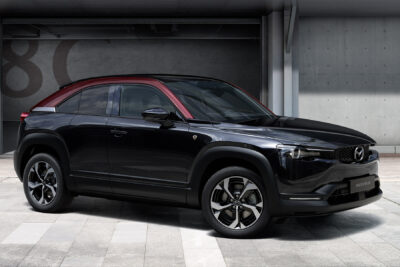BMW considers entering EREV car market
The German publication Automobilwoche learnt from company sources that BMW is looking into integrating range extenders into its electric cars, similar to Volkswagen. BMW could use such models to boost its business in China, in particular, as this is by far the largest market for such vehicles. EREVs could also be an interesting option for other markets, such as North America and Europe.
The abbreviation EREV stands for ‘Extended Range Electric Vehicle’ and has so far been familiar to us mainly from the Chinese passenger car market. EREVs are partially electrified vehicles that can be charged externally with electricity and also refuelled with fuel – in other words, like plug-in hybrids. Unlike plug-in hybrids, however, the wheels of EREVs are always driven by the electric motor alone. When the batteries are empty, a small combustion engine on board kicks in and generates the electricity for the motor.
The British portal Autocar reports in parallel that BMW has brought supplier ZF on board to work on the EREV technology. A corresponding drive is already being tested in an iX5 and is said to enable a range of up to 1,000 kilometres. According to media reports, the vehicle, known internally at BMW as the iX5 REx, could enter the market as early as 2026.
ZF recently demonstrated that it has acquired the expertise for range extenders at Auto Shanghai. There, the German supplier put the spotlight on a system developed in-house that realises generator and driving mode with a single electric drive system. ZF is working on two variants that differ slightly in terms of performance and complexity: the electric Range Extender (eRE) and the electric Range Extender plus (eRE+) with an output of 70 to 110 kW and 70 to 150 kW, respectively.
Otmar Scharrer, ZF Head of Development Electric Drive Technology, commented as follows at the presentation two months ago: “The new interest and the increased demand for range extenders shows that the potential of this technology is far from exhausted – in particular for model platforms that are already designed for battery-electric drivelines.” He added: “Behind our solutions is the system and platform concept. This means that we are optimally equipped to be able to respond to all customer and market requirements with shorter development cycles.”
With EREV technology, BMW would be building on a technology in which the manufacturer had already invested time and money around 15 years ago: BMW’s electric pioneer i3 was available with an optional range extender since its market launch in 2013, before this version was phased out in autumn 2018. Incidentally, another major German car manufacturer, Volkswagen, is currently thinking along similar lines. Also at Auto Shanghai, the Group’s three China joint ventures presented a preview of a model offensive that will start in 2025. Among the announcements: The full-size SUV ID. ERA from SAIC-Volkswagen, the first VW model with a range extender on board.
In this context, it is interesting to note that Volkswagen development partner Xpeng also announced its entry into the EREV segment in November 2024. This marked a change in strategy for Xpeng’s drive philosophy: previously, the Chinese manufacturer had always emphasised that it only wanted to build battery-electric cars.





0 Comments